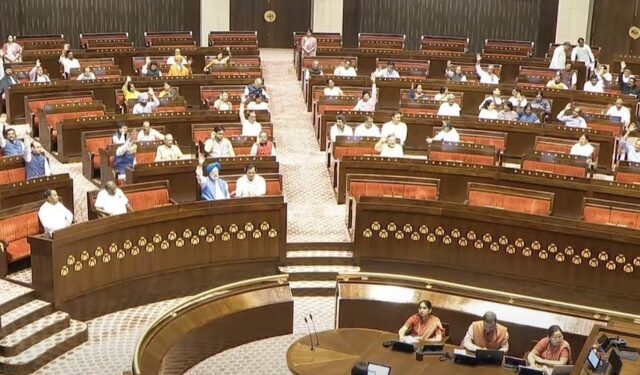On July 21, 2025, the Rajya Sabha passed the transformative ‘Bills of Lading, 2025’ bill, marking a historic milestone in India’s maritime sector.
Tabled by Union Minister Sarbananda Sonowal, the bill, already cleared by the Lok Sabha in March 2025, now awaits Presidential assent to replace the 169-year-old Indian Bills of Lading Act, 1856.
This colonial-era law, laden with outdated terminology, has been restructured into a modern, business-friendly framework aligned with global trade standards.
The new legislation simplifies legal language, clarifies rights and obligations for carriers, shippers, and lawful holders, and reduces ambiguity to minimise litigation risks. It introduces an enabling clause empowering the Central Government to issue implementation guidelines and includes a standard repeal and saving clause to ensure legal continuity. These reforms aim to enhance clarity, promote ease of doing business, and strengthen India’s position in global maritime trade.
Speaking in the Rajya Sabha, Sonowal emphasised the bill’s alignment with PM Narendra Modi’s vision of a ‘Viksit Bharat’ by 2047. “This reform casts aside colonial legacies, replacing them with a contemporary statute crafted for modern India,” he said.
The bill’s passage on the first day of the monsoon session underscores India’s commitment to rapid, scalable reforms, as Sonowal quoted Modi: “India must act with speed and scale to transform its future.”
By modernising maritime documentation, the ‘Bills of Lading, 2025’ is set to boost efficiency, reduce disputes, and elevate India’s global trade standing. As Sonowal aptly stated, “Whoever rules the waves, rules the world—India is ready to lead.”






























